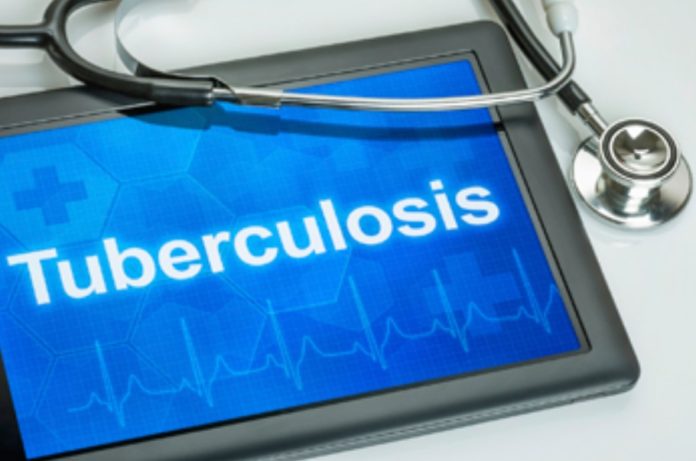Yes, TB is still a thing. In fact, during the past decade there has been an increase in the number of TB (tuberculosis) cases reported in Dallas County.
Tuberculosis is an air-borne disease that spreads as people with TB speak, cough or sneeze, which propels TB germs from their lungs into the air. Bystanders who inhale just a few of these germs can become infected.
Some people develop TB disease within weeks after becoming infected, before their immune system can fight off the TB bacteria. Other people may not get sick until years later, when their immune system becomes weak for another reason.
This delay is called latent TB infection. The inactive germs cannot be passed on. If a latent TB patient develops full TB disease, however, they are able to infect others.
When a person develops active TB disease, the symptoms — such as a cough lasting longer than three weeks, fever, night sweats or weight loss — may be mild for many months. This can lead to delays in seeking care and result in spreading the bacteria to others.
According to the Centers for Disease Control and Prevention, tuberculosis is one of the top 10 causes of death worldwide. Without proper treatment, 45 percent of HIV-negative people with TB on average and nearly all HIV-positive people with TB will die as a result of TB attacking the kidneys, spine, brain or other organs.
Tuberculosis can be treated with medications taken over the course of six to nine months. Unfortunately, like some other diseases, TB has mutated to become resistant to some of the drugs that previously effectively treated it.
If you think you have been exposed to someone with TB disease, you should contact your doctor or local health department about getting a TB skin test or a special TB blood test. Be sure to tell the doctor or nurse if you spent time with the person who has TB disease.
Visit the Centers for Disease Control and Prevention website for much more information about tuberculosis, its prevention and its treatment.
Ann Cohran is the health navigation coordinator in the Dallas County Public Health Department.


















